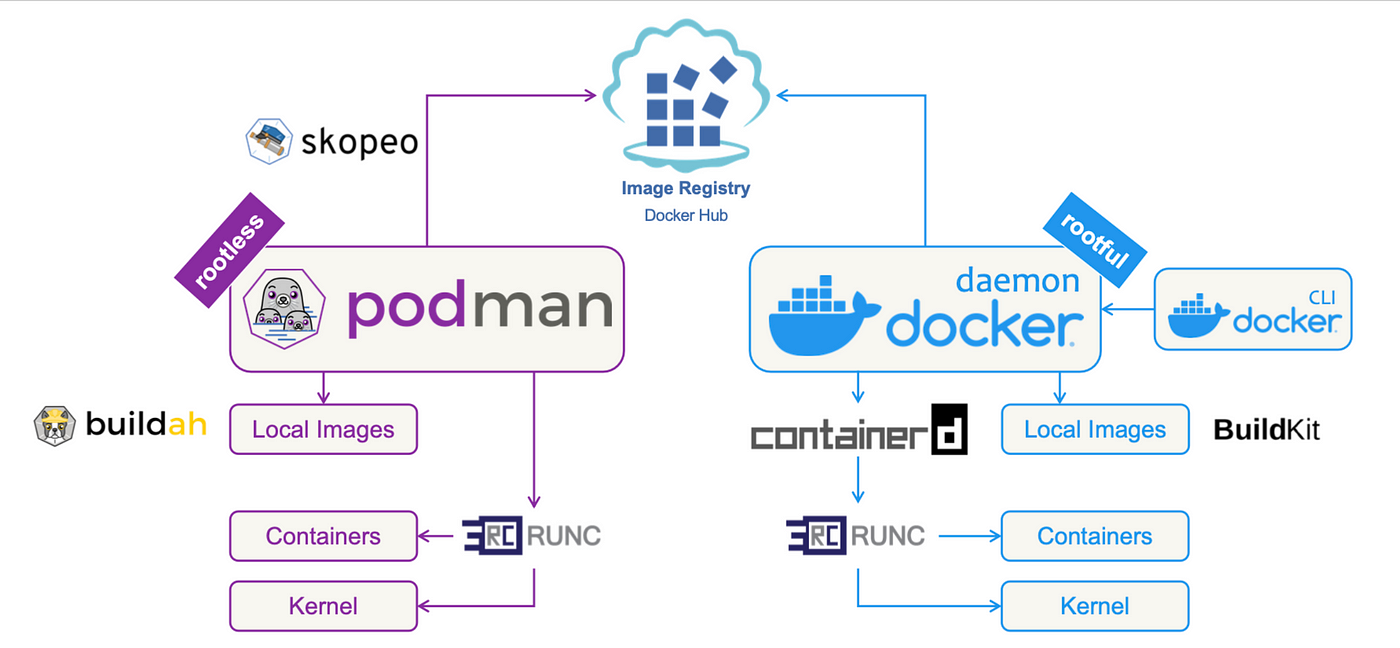SipHash is a particularly efficient and simple hashing algorithm designed specifically for cryptographic applications. It was developed by Jean-Philippe Aumasson, Daniel J. Bernstein, and Sean Neves in 2012. SipHash offers a compelling balance of speed, security, and simplicity, making it an attractive choice for various use cases.
Key Features of SipHash:
- Speed: SipHash is significantly faster than many traditional hashing algorithms, making it suitable for applications that require low latency.
- Security: While SipHash is not as cryptographically strong as SHA-256 or MD5, it provides adequate security for many use cases, especially when combined with other cryptographic measures.
- Simplicity: The algorithm’s design is relatively straightforward, making it easy to implement and understand.
- Small footprint: SipHash has a small code size, making it ideal for resource-constrained environments.
Other Lightweight Hashing Alternatives
In addition to SipHash, several other lightweight hashing algorithms have gained popularity:
Cryptographic Hash Functions
- Tiger: A cryptographic hash function known for its speed and security.
- Whirlpool: A cryptographic hash function designed to be resistant to attacks.
- SHA-3: The winner of the NIST SHA-3 competition, offering a high level of security.
Non-Cryptographic Hash Functions
- MurmurHash: A family of non-cryptographic hash functions designed for speed and performance.
- xxHash: A non-cryptographic hash function known for its speed and simplicity.
- Lookup3: A non-cryptographic hash function designed for speed and performance.
Comparison Table of Lightweight Hashing Algorithms
| Algorithm | Speed | Security | Simplicity | Footprint | Key Size (bits) |
|---|---|---|---|---|---|
| SipHash | Fast | Good | Simple | Small | 128 |
| BLAKE2 | Very fast | Excellent | Moderate | Small | 128-512 |
| Skein | Fast | Excellent | Complex | Moderate | 128-512 |
| Poly1305 | Very fast | Excellent | Simple | Small | 256 |
| FarmHash | Extremely fast | Non-cryptographic | Simple | Small | N/A |
| SpookyHash | Very fast | Non-cryptographic | Moderate | Small | N/A |
| djb2 | Very fast | Non-cryptographic | Simple | Small | N/A |
| CityHash | Very fast | Non-cryptographic | Moderate | Small | N/A |
| FNV-1a | Fast | Non-cryptographic | Simple | Small | N/A |
| Tiger | Fast | Good | Moderate | Medium | 192 |
| Whirlpool | Slow | Excellent | Complex | Large | 512 |
| SHA-256 | Moderate | Excellent | Moderate | Medium | 256 |
| SHA-224 | Moderate | Excellent | Moderate | Medium | 224 |
| SHA-384 | Fast | Excellent | Moderate | Medium | 384 |
| SHA-512 | Fast | Excellent | Moderate | Medium | 512 |
| MurmurHash3 | Very fast | Non-cryptographic | Simple | Small | N/A |
| Jenkins Hash | Very fast | Non-cryptographic | Moderate | Small | N/A |
| Bernstein’s DJB2 | Very fast | Non-cryptographic | Simple | Small | N/A |
| xxHash | Extremely fast | Non-cryptographic | Simple | Small | N/A |
| Lookup3 | Fast | Non-cryptographic | Moderate | Small | N/A |
| HighwayHash | Extremely fast | Good | Moderate | Small | 256 |
| MetroHash | Extremely fast | Non-cryptographic | Simple | Small | N/A |
| BLAKE3 | Extremely fast | Excellent | Simple | Small | 256 |
| SipHash-2-4 | Fast | Good | Simple | Small | 128 |
| FNV-1 | Fast | Non-cryptographic | Simple | Small | N/A |
Additional Considerations:
- Collision Resistance: Some hashing algorithms are more resistant to collisions than others. A collision occurs when two different inputs produce the same hash value. For cryptographic applications, collision resistance is crucial.
- Avalanche Effect: The avalanche effect refers to the property that a small change in the input should result in a large change in the output. This is another important consideration for cryptographic hash functions.
Choosing the Right Algorithm
When selecting a hashing algorithm, consider the following factors:
- Security requirements: If you need a cryptographic hash function, choose one from the top three rows. For non-cryptographic applications, any of the other algorithms can be used.
- Speed: If speed is a primary concern, MurmurHash3, Jenkins Hash, or Bernstein’s DJB2 are excellent choices.
- Simplicity: If you prefer a simple algorithm, SipHash, djb2, or FNV-1a are good options.
- Footprint: If you have limited resources, SipHash, BLAKE2, or FarmHash might be the best options.
- Key size: If you need to hash large amounts of data, a non-cryptographic hash function with a variable key size might be suitable.
Conclusion
Lightweight hashing algorithms like SipHash offer a compelling alternative to traditional cryptographic hashes for applications that require speed, simplicity, and a small footprint. By carefully considering the specific requirements of your use case, you can select the most suitable algorithm to ensure the security and integrity of your data.




